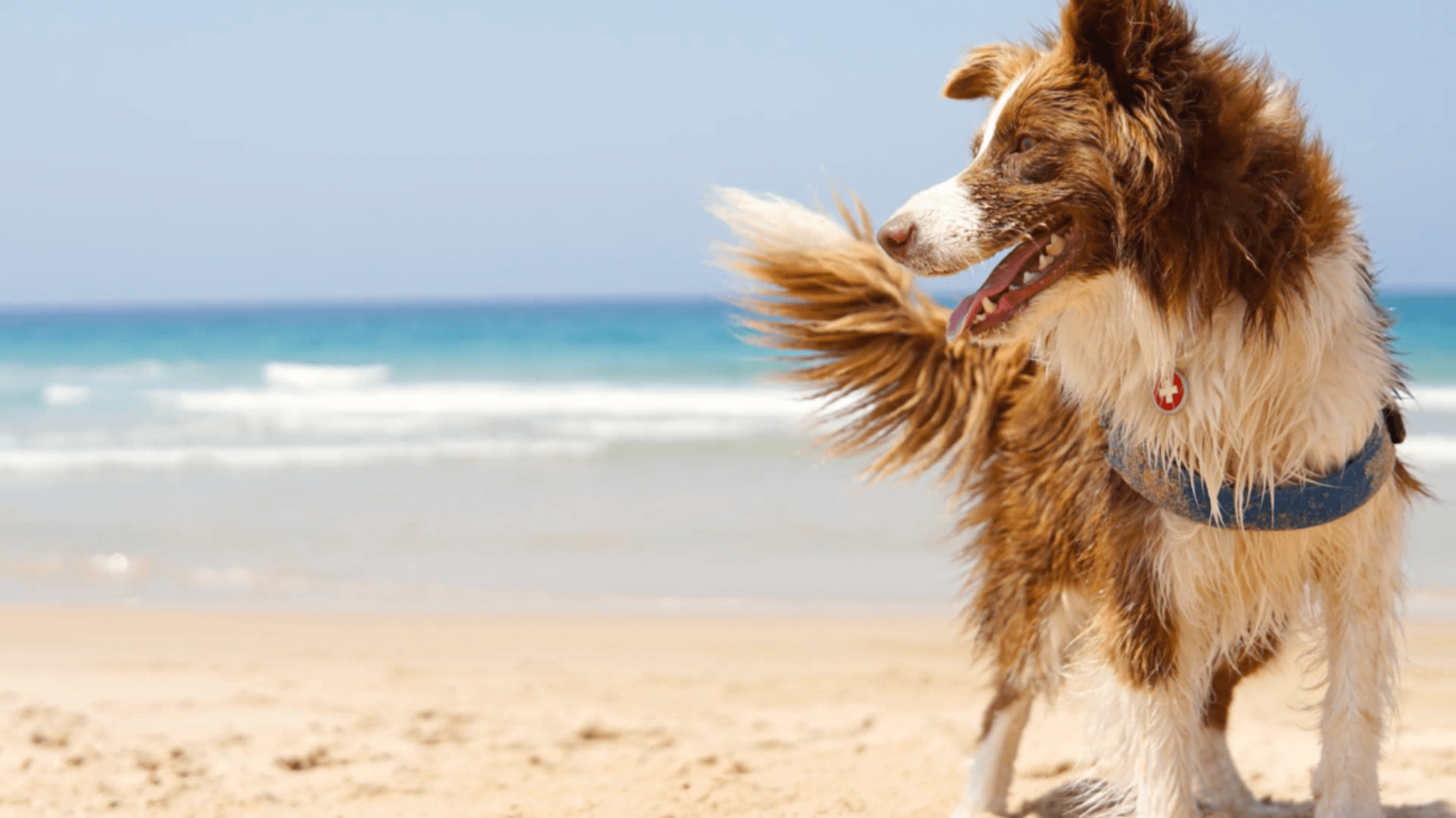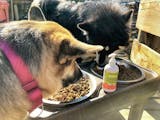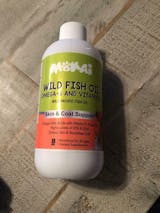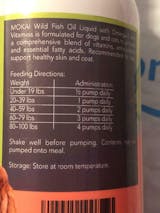Our furry babies usually love human food, and we pet parents enjoy giving them an occasional snack, right? However, there are some foods that might be prejudicial for their health and are not worth being fed even once in a while. Is cheese one of them? Can dogs eat cheese? That’s what we will find out.
Say cheese!
Is cheese toxic to dogs?
First things first, let’s talk about toxicity. No, unlike grapes or chocolate, cheese is not toxic to dogs. This means that if you drop a slice of cheese to the floor, you don’t have to run a race with your pup towards it. You can actually let him eat it and it won’t cause any harm to your pup.
However, cheese is a processed food, which is super high in calories and fats and can easily lead to gaining weight and consequent obesity. Besides, cheese (together with organ meat and other dairies) can lead to pancreatitis, which is a serious disease of the pancreas that can be fatal to dogs.
Last but not least, cheese can sometimes contain ingredients that can be toxic to pups, like chives, garlic, onion, shallots, etc.
Can dogs eat cheese? Lactose intolerance in dogs
As we’ve already mentioned, cheese is not toxic to dogs. However, t is a processed dairy, and many dogs can be allergic to it, just like humans. This intolerance occurs when their gut can’t digest lactose, and as a result, it can cause diarrhea, vomiting, and stomach ache.
‘But what about their mom’s milk?’ Naturally, when dogs are puppies, they don’t present intolerance to their mothers’ milk. They have an enzyme named lactase which helps them digest milk correctly. However, as they grow older, they stop producing this enzyme since their body understands they won’t be needing it anymore.
Take into account that cheese does not contain as much lactose as milk. So, cheese is significantly safer for dogs than milk.
Symptoms of lactose intolerance
- Vomiting or diarrhea
- Weakness
- Dehydration
- Stomach pain and bloating
- Weight loss
- Dehydration
If your dog shows two or more of these symptoms and you suspect he has lactose intolerance, avoid dairy in all its forms.

Are all cheeses bad for dogs?
Not all cheeses are the same, some are more prejudicial for dogs than others. Low-fat cheeses like mozzarella, cottage, or goat cheese might be healthier options for a treat since they have a lower calorie content.
Can dogs eat cream cheese?
Technically speaking, yes, dogs can eat cream cheese in small quantities (to help him take his meds, as a tasty snack, etc.). However, you should take into account that it is usually high in fat and calories and that it doesn't contain a lot of useful nutrients for dogs. Remember dogs should get all their nutrients from their food. Last but not least, pay attention to the added extras and avoid feeding your pup with it if cheese contains chives, garlic, or onions because they can be harmful to their health.
Can dogs eat blue cheese?
No, they can't. The fungus used to make blue cheese causes a substance named roquefortine c, which can be prejudicial for your pup, and cause vomiting, diarrhea, etc.
Benefits of an occasional cheesy treat
Can dogs eat cheese? Dogs usually love the taste of cheese. So, if your pup is not allergic to dairy or lactose intolerance, then you can use cheese as an occasional snack, as praise when training, or as a resourceful way to conceal a medicine. But don’t ever include cheese as a part of your dog’s regular meal or as an everyday treat.
Even though it is not recommended to feed cheese to dogs on a daily basis, the truth is that cheese has many nutrients your dog can take advantage of once in a while.
Is cheese good for dogs? Cheese contains…
- Protein
- Calcium
- Vitamin A, B12
- Zinc
- Fatty acids
However, take into account that these nutrients are not enough for a complete diet. In order to be a source of protein or calcium, dogs would need to ingest several slices of cheese daily, which is not recommended.
Always remember that any snack outside their diet should never exceed 10% of a dog’s daily intake.
So, can dogs eat cheese? Yes, however, dogs’ nutrition is a subject that should be taken very seriously. Mokai’s supplements contain all the minerals, vitamins, antioxidants, and fatty acids your dogs need to carry a healthy lifestyle and to help prevent potential diseases such as osteoarthritis, joint disease, etc.
















